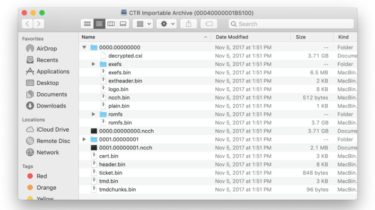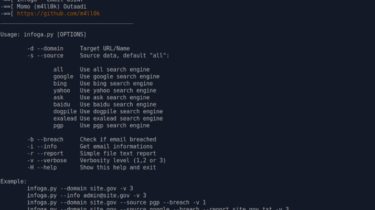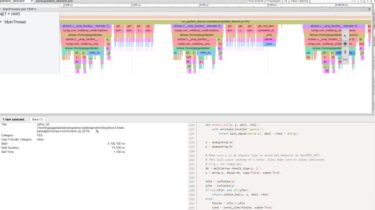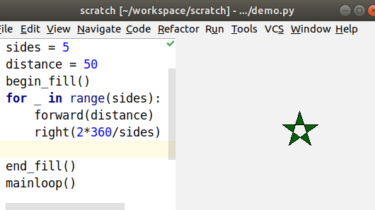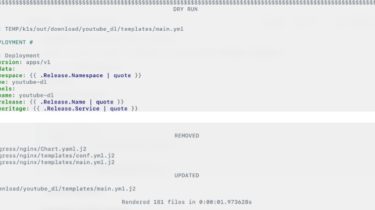Keep a local mirror of Strava activities for further analysis/processing
strava-offline strava-offline is a tool to keep a local mirror of Strava activities for further analysis/processing: synchronizes metadata about your bikes and activities to an SQLitedatabase downloads all your activities as GPX (and supports not downloading bulkexported activities again) Example of what you can do with the data: Installation Using pipx: pipx ensurepath pipx install git+https://github.com/liskin/strava-offline To keep a local git clone around: git clone https://github.com/liskin/strava-offline make -C strava-offline pipx Alternatively, if you don’t need the isolated virtualenv that pipxprovides, […]
Read more



